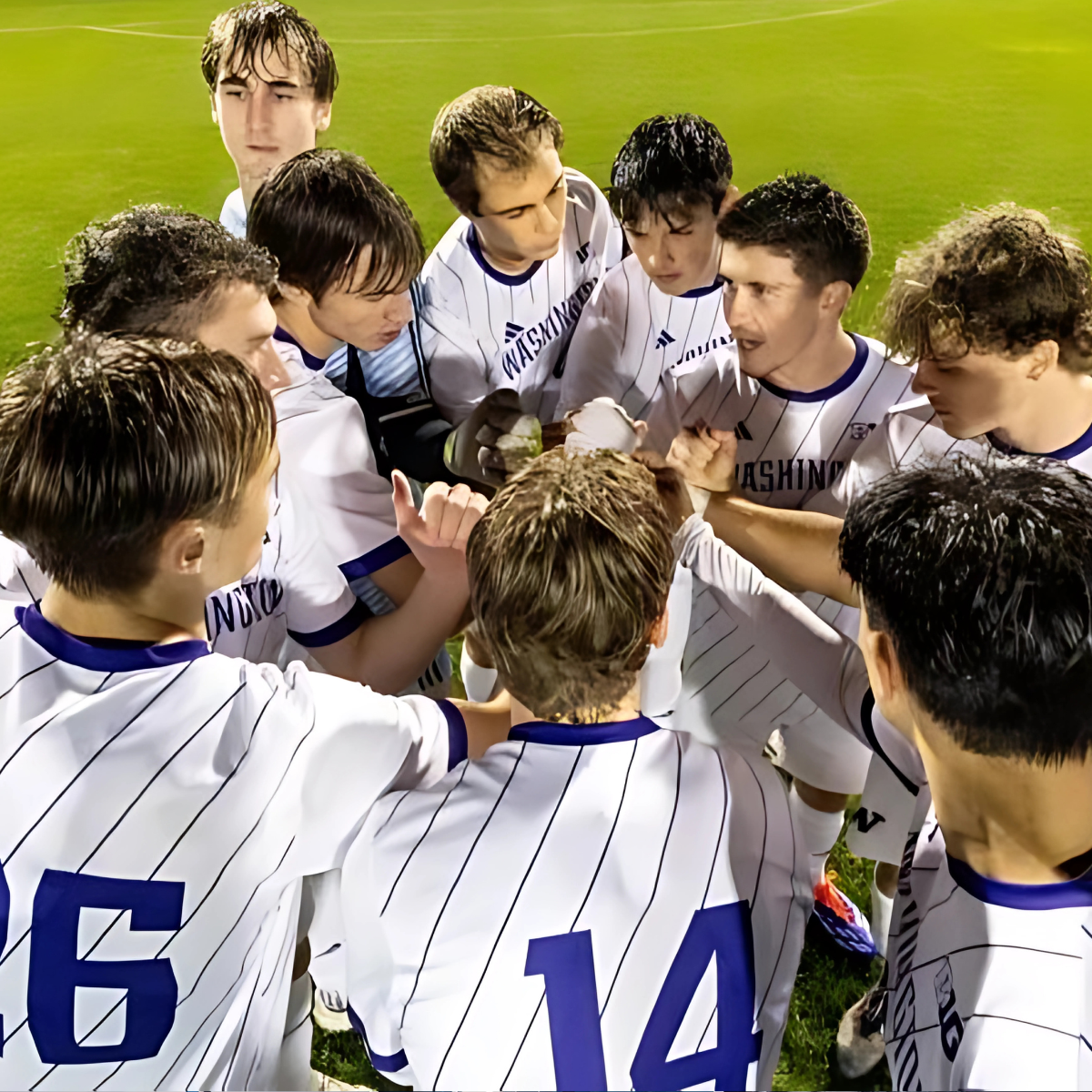The Psychology of Trash Talk and Its Impact on Performance
Trash talk is a form of verbal provocation often used in competitive sports, where athletes engage in taunting or boasting to intimidate opponents or boost their own confidence. While it can be seen as unsportsmanlike behavior, trash talk also serves important psychological functions that can influence both the speaker's and the target's performance. Understanding the psychology behind trash talk reveals its complex role in sports dynamics.
The Purpose of Trash Talk
Athletes engage in trash talk for various reasons, including:
- Psyching Themselves Up: Many athletes use trash talk as a self-motivational tool. By vocalizing confidence or superiority, they can enhance their own mental state, increasing focus and determination. This self-talk can help them feel more empowered and ready to perform.
- Intimidating Opponents: Trash talk aims to undermine an opponent's confidence by creating doubt and anxiety. By belittling their skills or taunting them, athletes hope to disrupt their opponents' focus and performance. Research indicates that this tactic can effectively distract competitors and lead to decreased performance levels.
- Establishing Dominance: Engaging in trash talk can reinforce social hierarchies within the competitive environment. Athletes who successfully intimidate their opponents may bolster their own status among peers, enhancing their self-esteem and sense of belonging within the team or sport.
Psychological Mechanisms at Play
The impact of trash talk on performance is mediated by several psychological mechanisms:
- Emotional Response: Trash talk can provoke strong emotional reactions in both the speaker and the target. For some athletes, this heightened emotional state can lead to increased motivation and energy, while for others, it may trigger anxiety or frustration that hampers performance.
- Cognitive Distraction: When targeted by trash talk, athletes may become preoccupied with the insults rather than focusing on their performance. This cognitive distraction can lead to mistakes, decreased concentration, and an overall decline in performance quality.
- Social Identity Theory: Trash talk often reinforces group dynamics by creating an "us versus them" mentality. By disparaging opponents, athletes strengthen their own group identity while simultaneously attempting to weaken the opponent's cohesion and resolve.
Research Findings
Studies have shown mixed results regarding the effects of trash talk on performance:
- A study conducted at the University of Connecticut found that trash talk could negatively impact the game performance of competitors by elevating emotions to a point where focus is lost. This suggests that while some athletes may thrive on the psychological edge provided by trash talk, others may falter under pressure.
- Research on collegiate athletes indicated that many use trash talk to psych themselves up (37.4% reported this as a reason) while also aiming to psych out opponents (37.1%). However, athletes also acknowledged that being targeted with trash talk hindered their performance in about 17.3% of competitions.
Read: How does the concept of psychological safety influence team dynamics in sports?
Optimizing the Use of Trash Talk
For athletes looking to leverage trash talk effectively while minimizing its potential negative effects, several strategies can be employed:
- Know Your Audience: Understanding how opponents respond to trash talk is crucial. Some may thrive under pressure, while others may crumble. Tailoring the approach based on individual tendencies can enhance effectiveness.
- Balance Confidence with Respect: While engaging in trash talk, maintaining a level of respect for opponents can prevent crossing into unsportsmanlike behavior. This approach fosters a competitive yet respectful environment.
- Use Positive Trash Talk: Athletes can adopt a style of "polite trash talk," which involves complimenting opponents while still asserting dominance. This method maintains competitiveness without damaging relationships or sportsmanship.
- Focus on Personal Goals: Athletes should use trash talk primarily as a means of self-motivation rather than solely as a tactic against opponents. By concentrating on their own performance and goals, they can reduce the risk of becoming overly distracted by external provocations.
The psychology of trash talk reveals its dual nature as both a motivational tool and a potential source of distraction in competitive sports. While it can enhance an athlete's confidence and intimidate opponents, it also carries risks that may negatively affect performance if not managed properly. By understanding the underlying psychological mechanisms and employing strategic approaches to its use, athletes can harness the power of trash talk to improve their competitive edge while maintaining respect for their opponents and the integrity of the sport.
Read: What is the psychology of superstitions in sports and how do they affect performance?







%20(1200%20%C3%97%20232%20px)%20(9).png)









.png)

